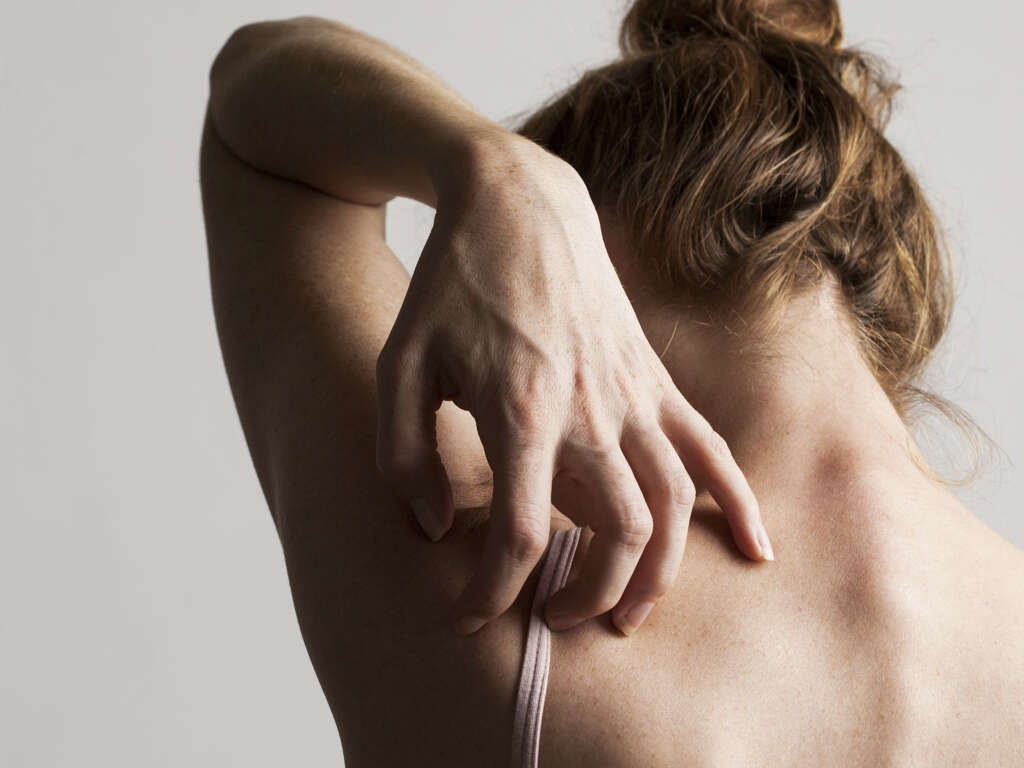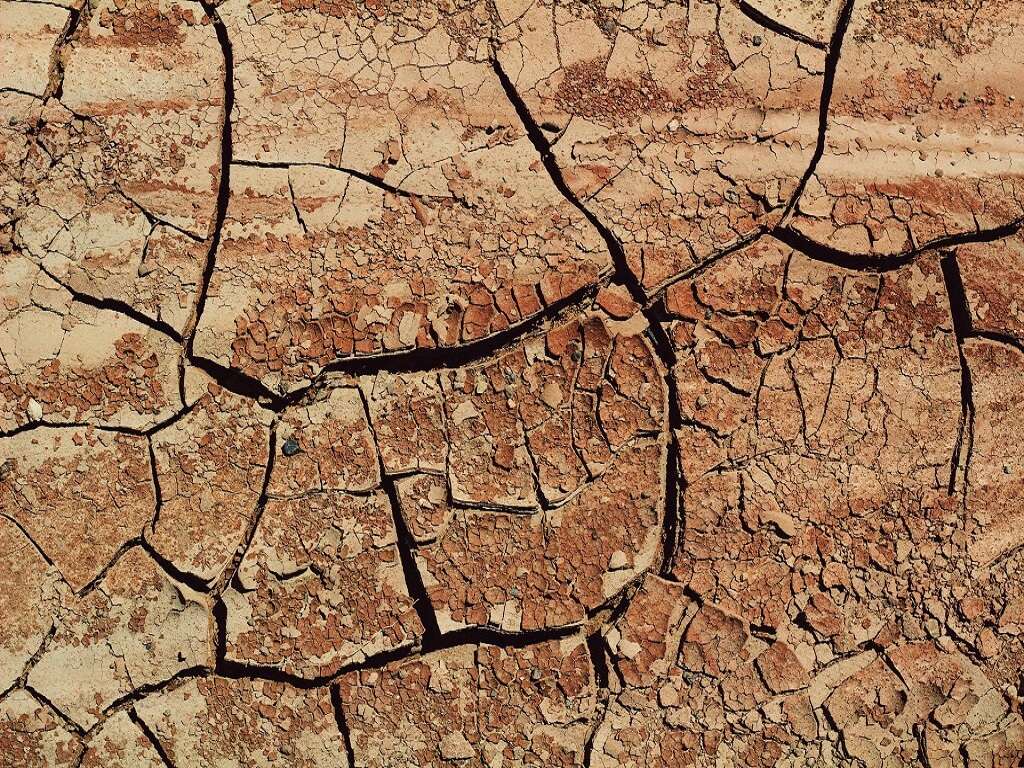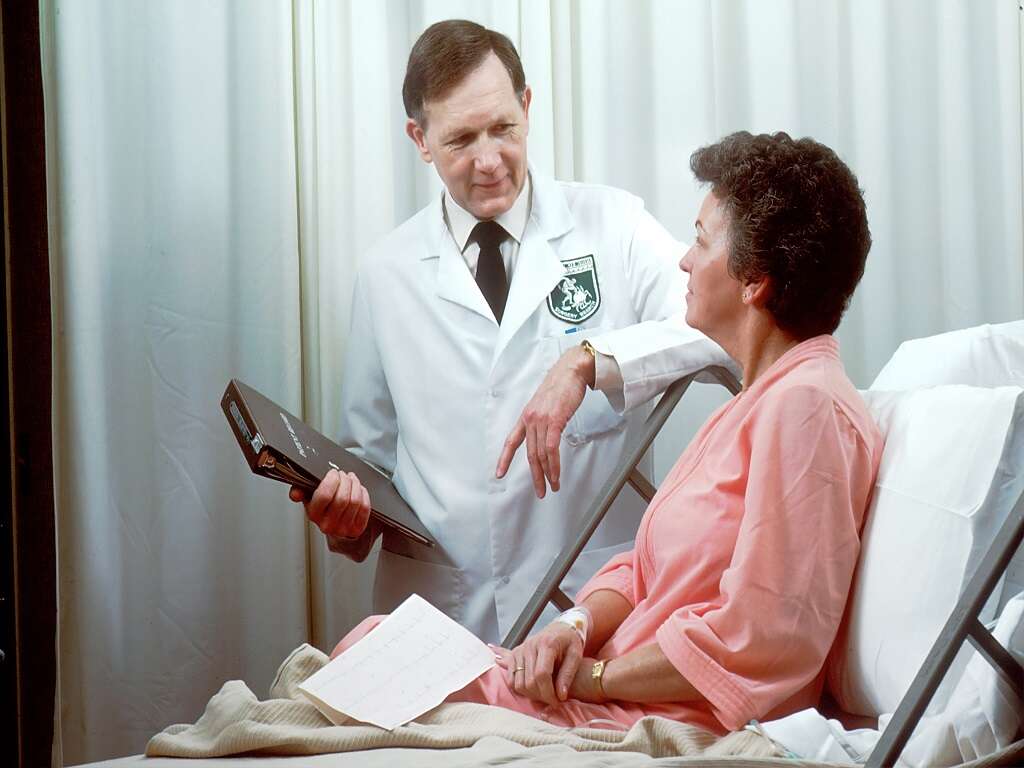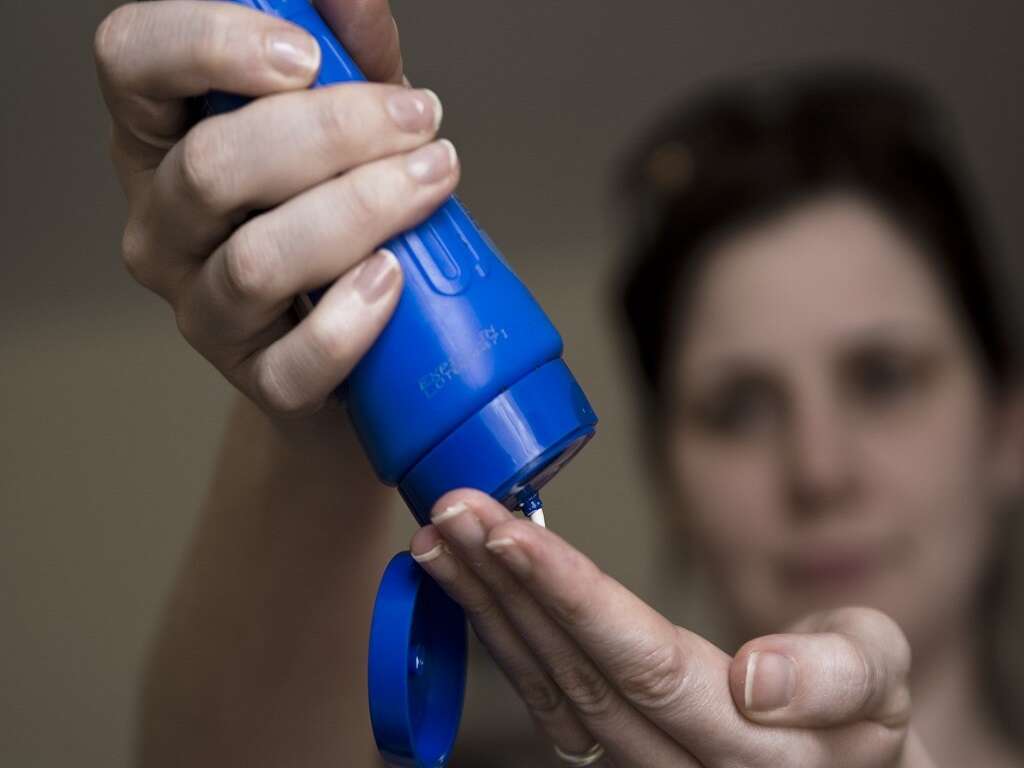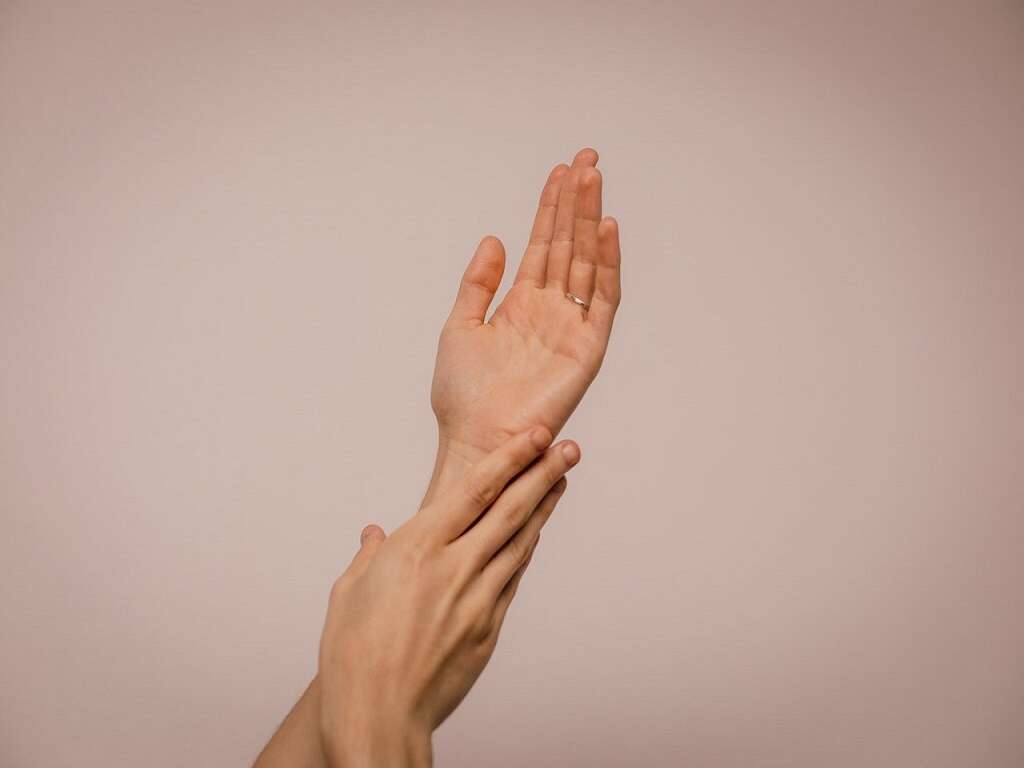Causes and Remedies
Atopic dermatitis, commonly known as eczema, is a condition that causes uncomfortable itchiness of the skin. As well as being itchy, it can also become very visible and scabs and blisters are not uncommon. The condition is often made worse by the fact that patients can find it irresistible to scratch.
The exact cause of atopic dermatitis is not yet known and there is no known cure. We do know that there are certain factors that can contribute to it, though, and symptoms can often be treated to help relieve discomfort. Identifying causes can help prevent outbreaks or reduce the severity of them.
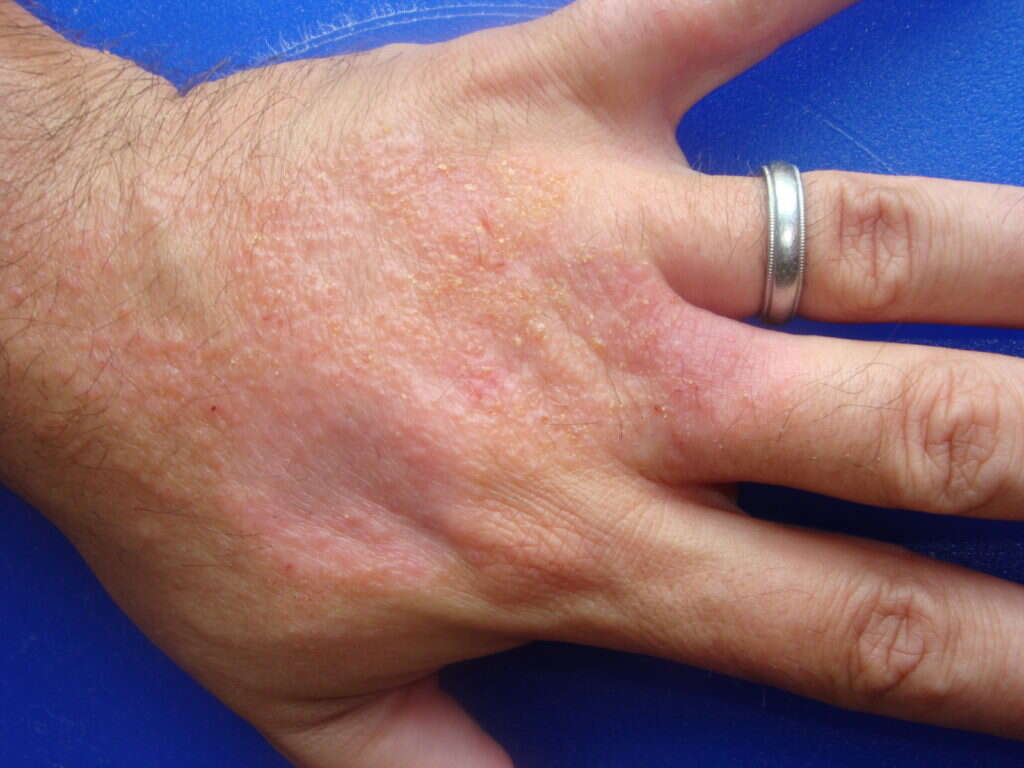
Cause #1: Allergens
Countless people all over the world suffer from allergies. Their effects can range from being mildly irritating to downright dangerous, and fatalities can and do occur. The list of potential allergens is enormous and some people struggle to leave the house for fear of coming into contact with something that will trigger an attack.
Allergens can be a cause of skin irritations including atopic dermatitis. If you do suffer from eczema then you should be able to arrange for tests to determine what, if anything, you are allergic to. Avoiding these allergens could help to make your life considerably more comfortable and enjoyable.

Cause #2: Diet
One common factor that encourages outbreaks of eczema is diet. There are many types of food that can trigger an outbreak, with dairy products, seeds, nut and wheat products being among the most common. If you can identify which foods are most likely to cause an outbreak then you can make your life a lot more comfortable.
If you do suffer from an outbreak of atopic dermatitis, keep a diary of what you eat and when. This information should help you identify which foods are responsible so you know which to avoid. There are many people in the world that need to avoid certain foods, so you should still find plenty of recipes for dishes that you can eat with confidence.

Cause #3: Stress
Even the most positive and level-headed among us can feel under pressure at times. There will be times when we have so many demands and expectations placed on us that it can be difficult to cope with them all. This can result in stress, and stress has the potential to lead to all sorts of complications.
While stress does not cause outbreaks of atopic dermatitis in itself, it can make symptoms worse. It can be difficult to avoid or prevent stress, but doing so could help to lessen the severity of symptoms considerably. If you are experiencing periods of prolonged stress then you should arrange to see a doctor regardless of other complications.

Cause #4: Irritants
Most of us are fortunate enough that much of what we come into contact with will not irritate the skin. While some substances can obviously cause some discomfort should it contact the skin, we can usually go about our day in confidence that there is little that will bother us. Some people are not so fortunate, though, and have to be very careful.
Items such as soaps and shampoos can cause an outbreak of eczema in some people. Using disinfectants can also be problematic and it can be very important to make sure that all clothing and bedding are thoroughly rinsed of detergents. Even juices from vegetables and fruits can cause outbreaks, as well as juices from meats.
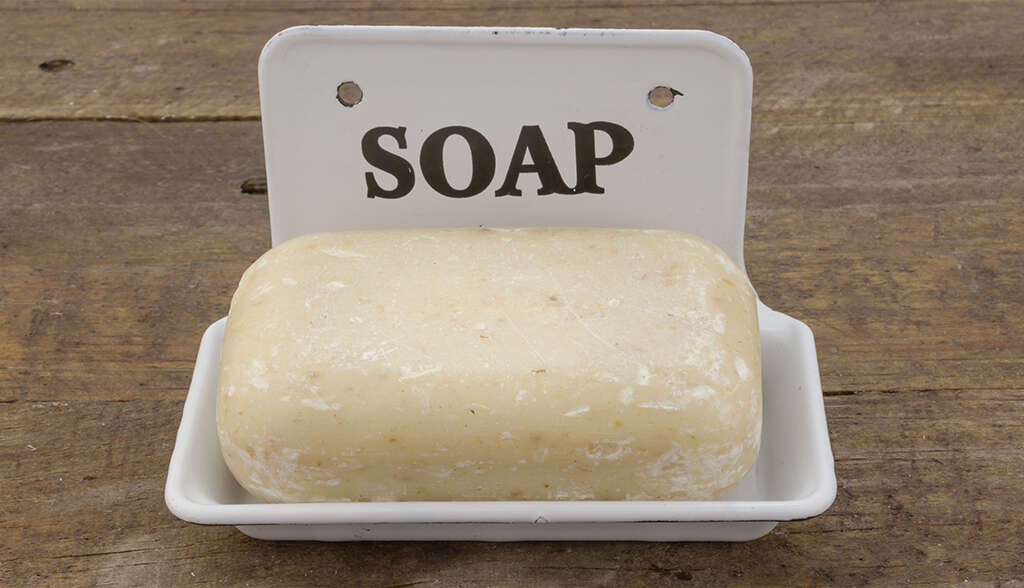
Cause #5: Changes in Temperature
Seasonal changes are unavoidable and many places in the world will see considerable variances from season to season. Although these are not too difficult for most people to deal with, and perhaps even enjoyable to some, for others they can be quite problematic. When there are extremes in temperatures then people with atopic dermatitis can suffer from outbreaks.
It can be difficult to avoid the weather, but wrapping up or keeping in the cool can help. Few people wish to be stuck indoors though, so it is almost inevitable that these factors will result in outbreaks from time to time.

Atopic Dermatitis Remedy #1: Oral Medication
There’s medication for almost everything nowadays, and we are still on the search for better medicines all the time. This means that no matter what ailment you are suffering from, there’s a good chance that there will be something to help. Even if it doesn’t cure the condition, there is usually a medication that can at least help you feel more comfortable.
Antihistamines are popular as they can be quite effective. Diphenhydramine is also popular among people with eczema and can also help patients to sleep well at night. Many medications are available over the counter without a prescription, while a doctor may prescribe stronger medicines if required.

Atopic Dermatitis Remedy #2: Apply Bandages
Although it can be extremely difficult to not scratch an itch, doing so is likely to make an eczema attack far worse. This is made particularly difficult at night when we scratch in our sleep, and preventing children from scratching is far more difficult. Scratching can also make the itch worse, resulting in a vicious cycle.
One way to avoid scratching is to cover the area with bandages, particularly before you go to sleep at night. Wearing gloves can also help, and nails should be kept short. Remember also to make sure that any bandages used are completely hypo-allergenic to prevent making the situation worse.

Atopic Dermatitis Remedy #3: Wet Dressings
Somebody suffering from a severe case of atopic dermatitis may have wet bandages applied. These will generally contain topical corticosteroids or other compounds that help with the soothing and healing of the condition to help make the patient more comfortable.
Wet dressings usually take quite a lot of practice to get right and are only usually used in severe cases. This means that they are only likely to be done in hospitals because they are a lot of work, and nurses are available to do that work. You could learn to apply wet dressings yourself but you will need to learn how and they can be time-consuming.
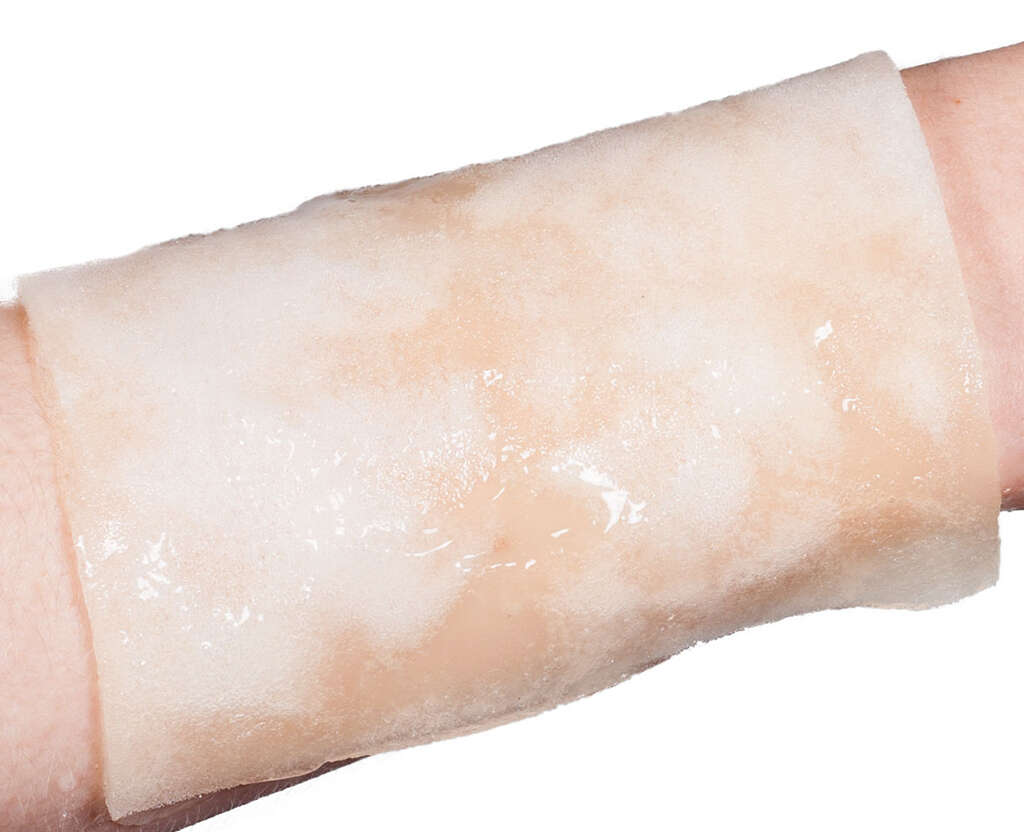
Atopic Dermatitis Remedy #4: Phototherapy
If initial treatments don’t work and the condition is severe enough, then it may be necessary to turn to more drastic measures. Phototherapy, also called light therapy, is quite effective at treating atopic dermatitis and involves exposing the skin to natural or artificial light. Artificial light sources use ultraviolet light to treat the condition.
This is potentially problematic as overexposure to ultraviolet light encourages ageing and increases the risk of cancer. For this reason, it is only usually adults that are treated with phototherapy. While the risks are well known, they may be risks worth taking for people with a condition that is particularly uncomfortable.
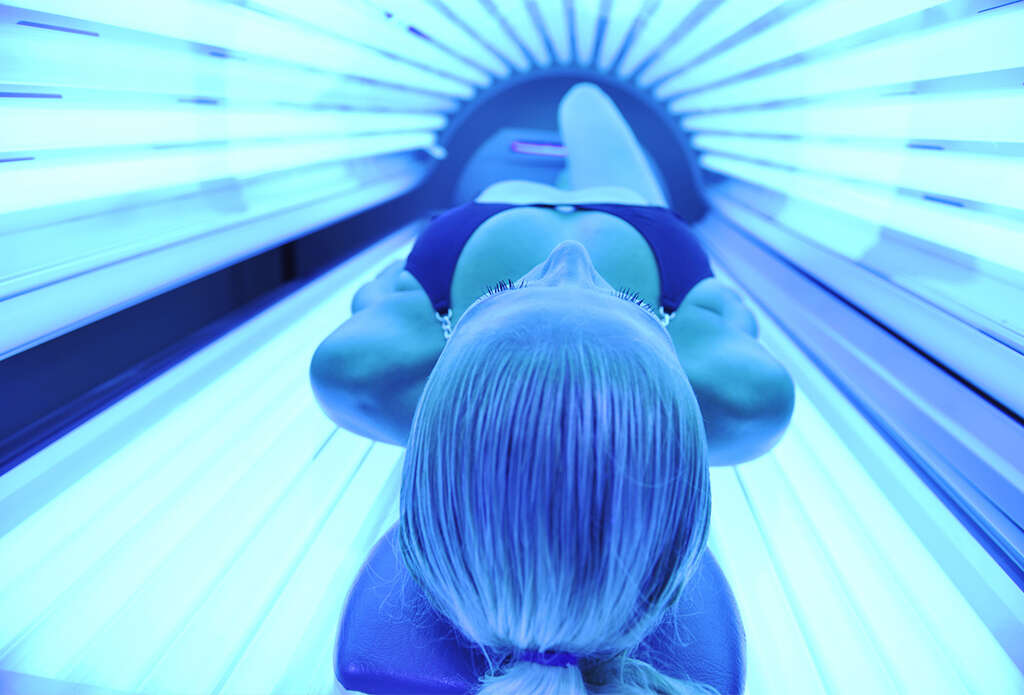
Atopic Dermatitis Remedy #5: Counseling
Atopic dermatitis is often very noticeable, leaving patients feeling self-conscious about their appearance. This can have a severe effect on their quality of life, leaving some patients reluctant to even leave their homes. The discomfort can also be disturbing and the stress caused can loop back to worsen the condition further.
Many people with severe eczema will undergo counseling regarding their condition. The counseling will aim to help them feel more comfortable with their appearance and also help them with lifestyle changes that will help with the condition. Counseling can help reduce the severity of the condition, while also helping the patient to be more comfortable with who they are.




